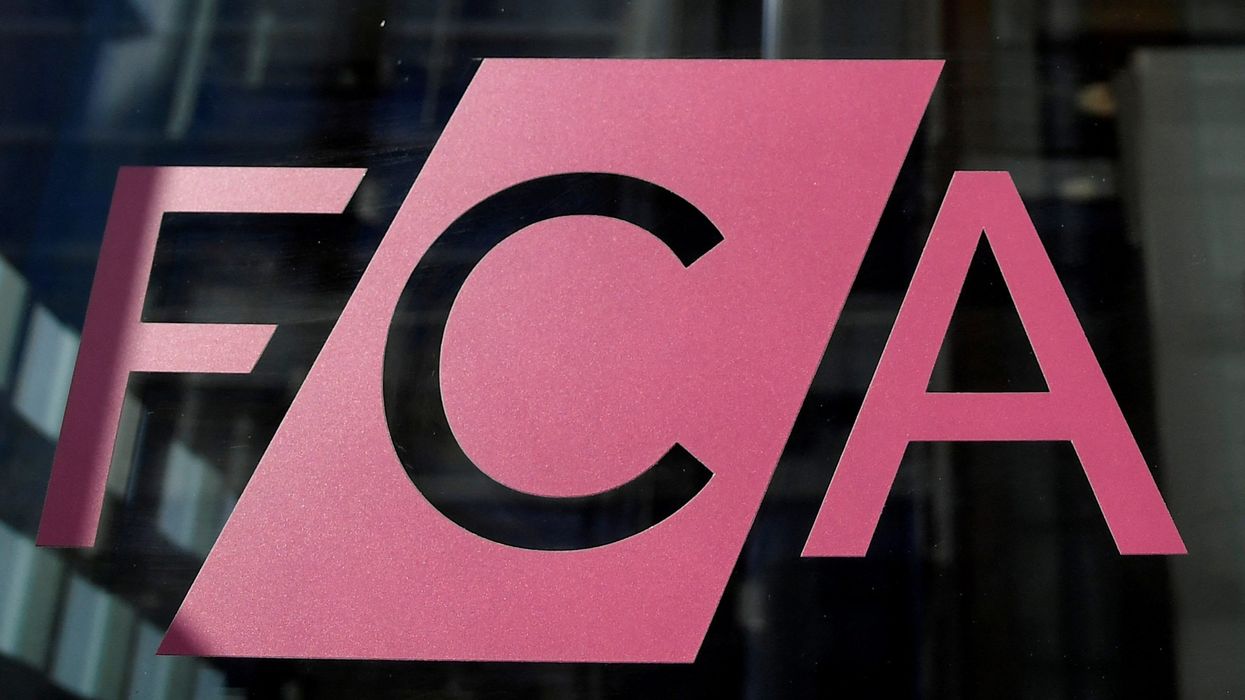THE Financial Conduct Authority (FCA) is under fire from MPs who have raised 'serious questions' about its recent review of the debanking scandal, calling it a 'whitewash', reported the Telegraph.
The FCA on Tuesday (19) said that there is no evidence so far that Britain's banks have been closing accounts because of people's political views, though more detailed scrutiny is needed.
British finance minister Jeremy Hunt last month asked the FCA to urgently investigate terminations of bank accounts and suggested that lenders who have broken the law should be fined.
The practice, known as 'debanking' became a political issue after former Brexit Party leader Nigel Farage said his account at private bank Coutts, part of NatWest, had been closed due to his political views.
The FCA said that it looked at data from 34 banks and building societies, focusing on July 2022 to June 2023, but the speed of its inquiries meant there were some gaps, limitations and inconsistencies to information provided.
The watchdog's failure to include Nigel Farage's case at Coutts, where his account was threatened with closure due to his beliefs, has triggered controversy.
FCA officials defended their decision not to investigate Farage's case, stating that it was a 'high-profile example' being handled separately by the bank involved and that it fell outside the reporting period.
This explanation did not appease critics, who accused the FCA of conducting a superficial review.
Farage himself denounced the review as 'a whitewash and an absolute farce' and called for a complete overhaul of the FCA's leadership.
Tory MP Danny Kruger echoed these sentiments, asserting that the FCA had merely asked banks if they were guilty without actively seeking input from potential victims. He also called for a closer examination of the FCA itself.
The FCA's review did identify eight cases where the 'expression of political or any other opinions' was suspected as a reason for account closures. However, the watchdog concluded that this was not the primary reason in any of these cases. Instead, customer behaviour, including the use of racist language against staff, was the predominant factor leading to debanking.
Criticism also stemmed from the quality of the data collected during the review. The FCA admitted that some of the data supplied by institutions was unverified, and it acknowledged that as many as 20 per cent of account suspensions and closures were attributed to "Other," leaving the watchdog uncertain about the reasons behind these actions.
Nikhil Rathi, chief executive of the FCA, told the Telegraph that while no financial institution reported closing accounts primarily due to political views, further verification of bank-submitted data was necessary.
City minister Andrew Griffith acknowledged the FCA's report and emphasised the need for more robust validation of banks' submissions and a thorough follow-up on debanked customer perspectives.
While the FCA review found no evidence of political debanking, it did find that UK expats were facing the most at risk of having their accounts shut or suspended.
Separately, the FCA is reviewing how banks conduct mandatory extra checks on 'politically exposed' customers and their families for money laundering risks, with a report due by the end of June 2024.
(with inputs from Reuters)





